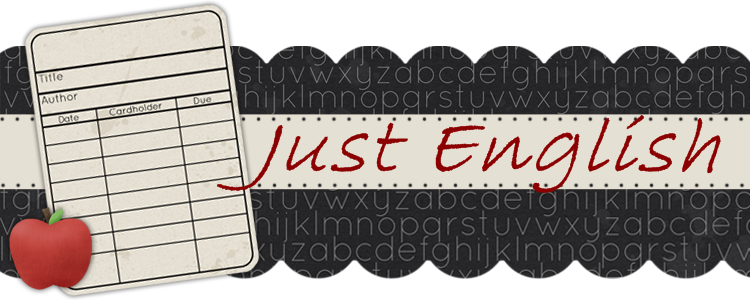Common Errors in English Usage!!! The definition of errors can be very complicated and controversial,
hence I will not elaborate on this technical term. Rather, I am more
concerned with some usual deviations from the standard use of English,
especially by ESL students. In this part, we’re looking at the errors in word
usage.
ADVANCE vs. ADVANCED
When you hear about something in advance, you get notice or information ahead
of time. Advance also means to move forward or to make progress. Advance can
also function as adjective, as in the case of “an advance payment”, which means
payment made ahead of time/before hand.
When you say something is advanced, it means “complex or sophisticated” and
should not be confused with the past tense form of “advance”.
Note: We often see advertisements use “Advance Level”,
which should be “Advanced Level”.
ALPHABET
A, B and C are called letters of the alphabet, NOT alphabets. Alphabet is a
character set that includes letters and is used to write a language.
AWHILE vs. A WHILE
When “awhile” is spelled as a single word, it is an adverb meaning “for a time”
(“stay awhile”); but when “while” is the object of a prepositional phrase, like
“Lend me your monkey wrench for a while” the “while” must be separated from the
“a.” (But if the preposition “for” were lacking in this sentence, “awhile”
could be used in this way: “Lend me your monkey wrench awhile.”)
BACKUP vs. BACK UP
To “back up” is an activity; “back up your computer regularly”; “back up the
truck to the garden plot and unload the compost.”
A “backup” is a thing: “keep your backup copies in a safe place.” Other
examples: a traffic backup, sewage backup, backup plan, backup forces.
COMPLEMENT vs. COMPLIMENT
Most of the time the word people intend is “compliment”: nice things said about
someone or praise.
Complement, on the other hands, means supplement each other or making
something complete.
e.g. vs. i.e.
“e.g.” is the short form for exempli gratia, and means “for example”.
“i.e.” is the short form for id est, and means “that is”. Use “e.g.”
when you want to give an example (or several examples) of something just
mentioned. Use “i.e.” when you wish to explain briefly or to clarify what you
just said, or say the same thing in other words.
Wednesday 27 November 2013
Mexico Hat for tea anyone???
FYI, we used to eat this and most of us know it as 'Kuih Penyaram' in Malay. In English, it is known as MEXICO HAT...
JAMBU AIR IN ENGLISH???
Most Malaysians know that JAMBU BATU is Guava in English. But how many of us know JAMBU AIR in English???
 |
| Add caption |
THIS FRUIT IS CALLED THE ROSE APPLE, OR WAS KNOWN IN THE U.S. MARKET AS CHAMPOO, REFERRED TO AS THE MOST INTERESTING EXOTIC FRUITS IN THE WORLD.
In English, this fruit is called the Rose Apple, or was known in the U.S. market as champoo, referred to as the most interesting exotic fruits in the world. According to the tongue of the Caucasians, this fruit has the smell and taste like roses. The fruit is hard to come by in Europe and America because of rapid deterioration. It is also known as wax apple, Water apple, bell fruit, water cherry, watery rose apple.
Have you ever wonder the name of certain Malaysian fruits and food found in English???
You might be wondering the name of this fruit in English???
This is 'buah salak', scientifically known as salacca zalacca, or SNAKESKIN FRUIT in English. It’s a fruit native to Malaysia and Indonesia, closely resembling the size and shape of a fig…but — as its name suggests — with a skin like that of a snake.
Don’t be scared of its reptile-like outer covering. Just break off the top portion of the fruit and the skin will tear apart quite easily, revealing the garlic-like cloves inside.
Subscribe to:
Posts (Atom)


